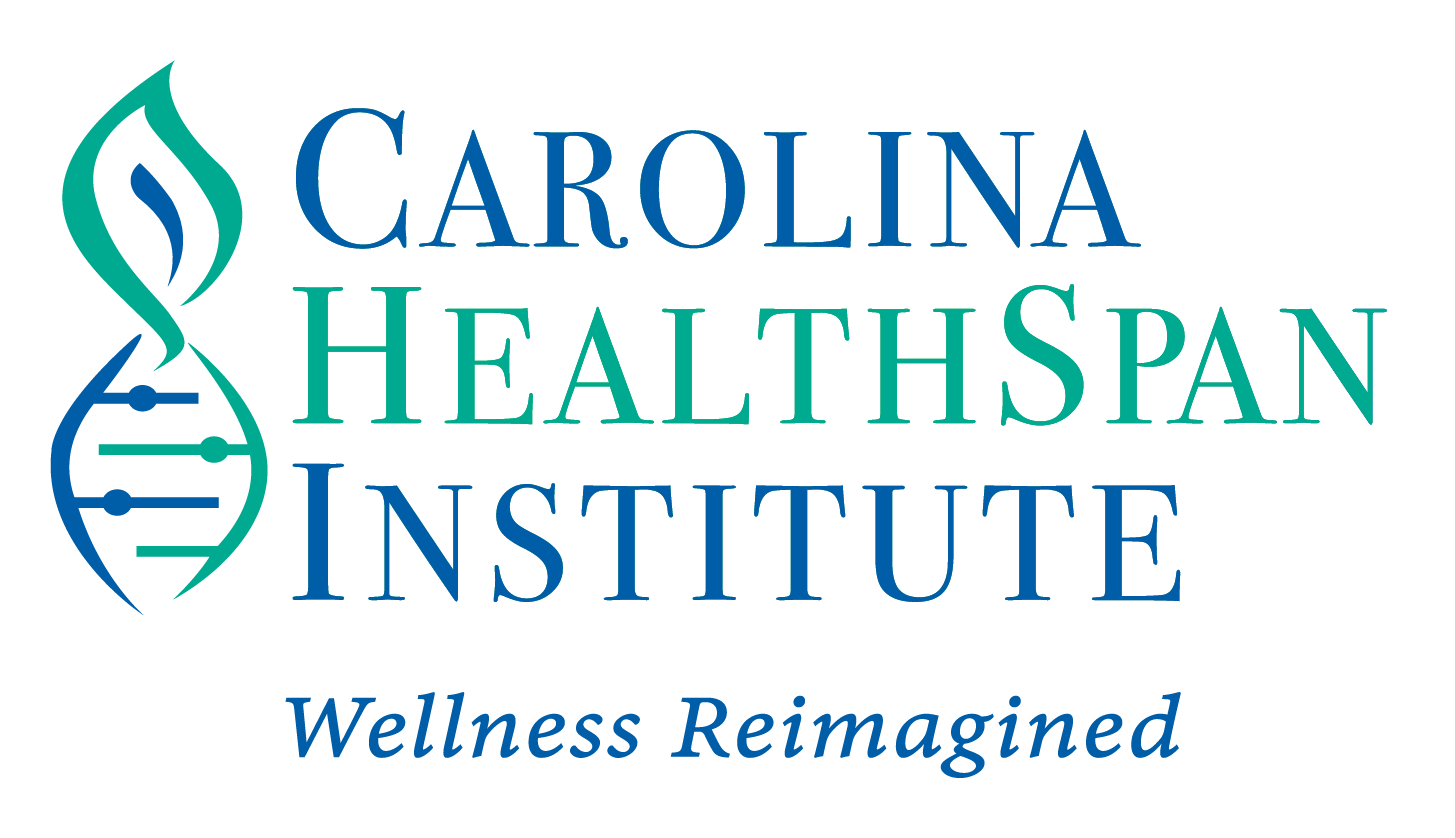Through the various phases of a woman’s life, menopause has the greatest impact on health and has been one of the most neglected areas of research. Hormonal changes caused by menopause can lead to problems in the skin. So lets review some of the skin disorders that result from the hormonal changes of menopause.
Skin Hydration: Estrogens are essential for skin hydration because they increase the production of sebum, increase water retention, and improve barrier function. As a result, concerns about dry skin are more frequent among menopausal women who are not taking hormone replacement therapy.
Thinning Skin: In addition, there is a thinning of the epidermis. Blood flow through the capillaries is reduced during menopause, and less nutrients and oxygen are available to the skin accompanied by a reduction in the barrier function of the epidermis, leading to increased epidermal water loss and dry skin. Lower levels of estrogen is related to reduced collagen and osteoporosis.
More prone to sun damage: The number of melanocytes in the skin are reduced. With less melanocytes, we produce less of the protective melanin and skin appears lighter.
Hyperpigmentation and age spots: Due to lack of regulation by estrogen, brown “age spots” appear on the face, hands, neck, arms and chest of many women.
Sagging skin and wrinkles. Loss of supportive fat below the skin of the face, neck hands and arms. Skin has less beneath it so sags and wrinkles follow.
Lowered estrogen levels result in less production and repair of collagen and elastin in the skin.
Pruritis or itchy skin. This is most likely related to transepidermal water loss.
Night Sweats and hot flashes or flushing are also common concerns in 35% to 50% of perimenopausal women and in 30% to 80% of postmenopausal women. Again this is related to decreasing levels of estrogen.
Although often overlooked, skin disorders are quite common during menopause. Hormone replacement therapy has been shown to positively affect wound healing, reduce signs of aging, increase hydration and yield other benefits. Understanding the physiology of this important period in a woman’s life is essential for developing an early and effective preventative therapeutic approach.
Dr. Russo can help you evaluate your hormonal status and correct any imbalances or deficiencies.
Call Carolina HealthSpan Institute Lake Norman for a consultation 704-727-5360.
